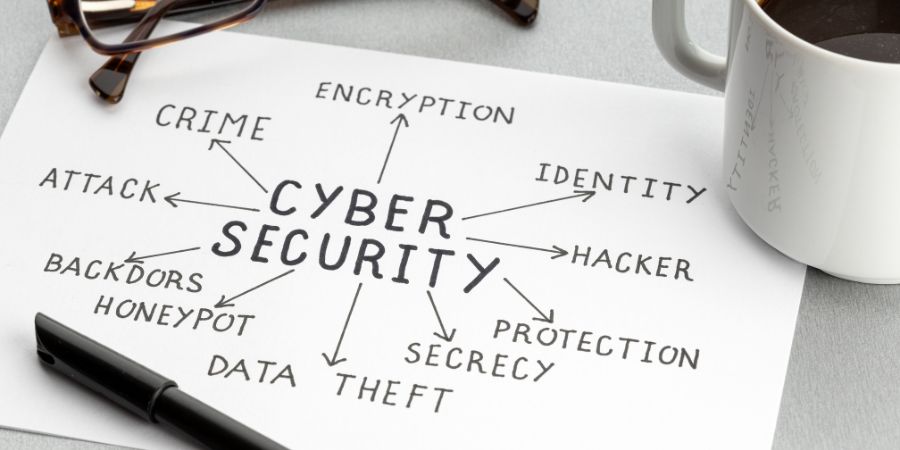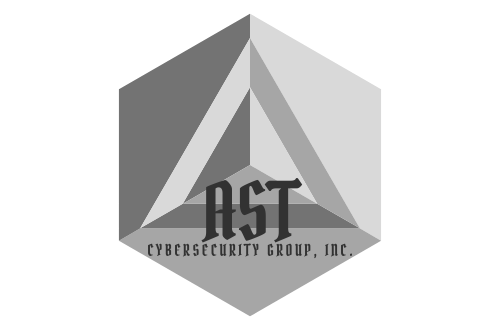Small and medium businesses, or SMBs, are an essential part of the global economy, employing almost half of everyone who works in the private sector. With such a large number of businesses operating at this scale globally, it’s easy to see why many people think that starting your own business is a safer bet than trying to break into the world of larger corporations. However, while being small and nimble offers many advantages, it also brings its own unique set of challenges when it comes to running a business. Research shows that cybersecurity continues to be a primary concern for this group. Whether you run an SMB or work for one, read on for more information about why cybersecurity is so essential for businesses to succeed in today’s digital landscape.
What Is SMB Cybersecurity Exactly?
Before we dive into the details of SMB cybersecurity, let’s take a moment to define exactly what it is. Essentially, it’s the process of protecting your company’s assets and data from cyberattacks, including everything from system breaches to data loss. It includes strategies for protecting your network, software, and data from being hacked by malicious actors. Cybersecurity also includes strategies for how you plan for and respond to security incidents, as well as how you share threat intelligence with other organizations.
The term “small and medium business” is actually a U.S. government designation for businesses that employ fewer than 500 people and have less than $25 million worth of annual sales. Depending on the size of your business, cybersecurity may be managed by a single person or a whole team. Regardless of the specific job duties or number of employees involved in cybersecurity, it’s an essential part of any successful business.
The Importance of SMB Cybersecurity
Cybersecurity is essential for any business that maintains any kind of online presence. Like all businesses, SMBs rely on their data, products, and services to generate revenue and remain financially solvent. With that in mind, cybersecurity is essential for protecting these essential assets from damage or loss. If data is stolen or damaged, it can be difficult — or impossible — to repair. It can also make it difficult or impossible to provide products and services to clients.
If your business is a victim of a cyberattack, its reputation is also at risk. If the public finds out that your company has been attacked and data has been stolen, they may lose confidence in your business. If a breach is severe enough, customers may stop doing business with you. If your clients are unable to access their data, they may be forced to take time off work while they wait for your business to fix the problem. If your business deals with sensitive information, like medical records or financial data, it must be held to strict security standards. Failure to meet these standards could lead to expensive fines.
However, for smaller companies that don’t have access to the same level of resources as larger businesses, it can be even more important. Smaller companies usually have less money to spend on cybersecurity and less expertise in-house to ensure that their systems are as well protected as they should be.
That doesn’t mean that these companies are at a disadvantage, though. In many cases, SMBs can be more nimble than larger organizations and can move more quickly to address potential threats. Similarly, smaller businesses that are primarily online are especially vulnerable to security incidents, as they can have a much broader impact than they would at a larger company. One data breach or malware infection can affect thousands of people or more, rather than just a handful of employees.

Protect Your Company’s Reputation and Assets
Before a single cyberattack ever occurs, it’s important to start building a strong cybersecurity foundation. This includes making sure that your employees are trained in best cybersecurity practices and that you’re following best security procedures. Most importantly, it means implementing an effective cybersecurity strategy that starts with a complete and regularly updated risk assessment.
One of the biggest challenges for SMBs is that many are operating in industries that are highly regulated. Banking and financial services, healthcare, and government contractors are just a few examples. If one of these industries discovers that your company’s systems are vulnerable or that you’ve been the victim of a data breach, you may find yourself on the receiving end of a fine or be forced to change your business model entirely.
The costs associated with losing your reputation and your ability to do business can be devastating for a small company. This is especially true if you depend on a particular type of client, or have a product or service that may be harder to replace. Assessing your needs is an ongoing process for all SMBs. In addition to assessing your current security measures, it’s also important to consider future threats and potential vulnerabilities. This includes making sure that your business has the necessary tools and capabilities in place to defend against the cyber threats of tomorrow.
SMBs Are a Major Target for Hackers
As discussed, smaller businesses are often at a disadvantage when it comes to cybersecurity. This is especially true when it comes to the number of attacks they experience. Despite a decline in the number of threats aimed at large enterprises, smaller companies are still the most targeted. This is likely because malicious actors know that they have less money to spend on cybersecurity and often lack the expertise to identify the issues that larger companies might catch. Plus, they typically do not have a dedicated team to watch out for cyberthreats. Smaller companies are also sometimes targeted because they’re perceived as less likely to report incidents to law enforcement.
Large corporations are no stranger to cyberattacks, but many SMBs have a false sense of security about their level of risk. After all, if you’re only dealing with small amounts of sensitive information, you’d naturally assume that you’re not as likely to be a target. The unfortunate truth, though, is that SMBs are a major target for hackers.
Help Ensure That Your Business Thrives
Just as it can be devastating for a small business to be the victim of a security incident, it’s also costly for the government to respond to and investigate those incidents. According to the Department of Homeland Security, it costs the U.S. government more than $3 billion each year to respond to cybersecurity incidents. However, that’s not a cost that falls solely on the taxpayers. It also affects the businesses that rely on these services, as taxes are levied to offset these costs. That means that if taxpayers are footing the bill for cybersecurity, you and your company are paying that cost, too, in the form of higher taxes.
Security isn’t just about preventing breaches and data loss — it’s also about being prepared to handle those incidents when they inevitably occur. By creating an effective response strategy that includes an incident response plan, you can help ensure that your business thrives even after a threat has been discovered.
A good incident response plan, or IRP, includes a wide range of instructions. It should include information about who to call, what to say, and what information to provide them with. It may also include details on how to shut down systems, isolate and shut down infected machines, and restore data. If you’ve already implemented the essential cybersecurity measures for SMBs, you’ll have a better chance of handling a breach effectively if it ever occurs.

Let AST Cybersecurity Help You Implement SMB Cybersecurity Measures Today
By stepping up your game in cybersecurity, you’ll be helping to ensure that businesses thrive. A thriving business ecosystem means more jobs, which means more people earning a living wage. It also means more consumers with money to spend on products and services.
To find out more about SMB cybersecurity measures that you need, contact AST Cybersecurity today. Our team of experienced cyber experts can walk you through the necessary steps to keeping your SMB safer from online intrusions.

